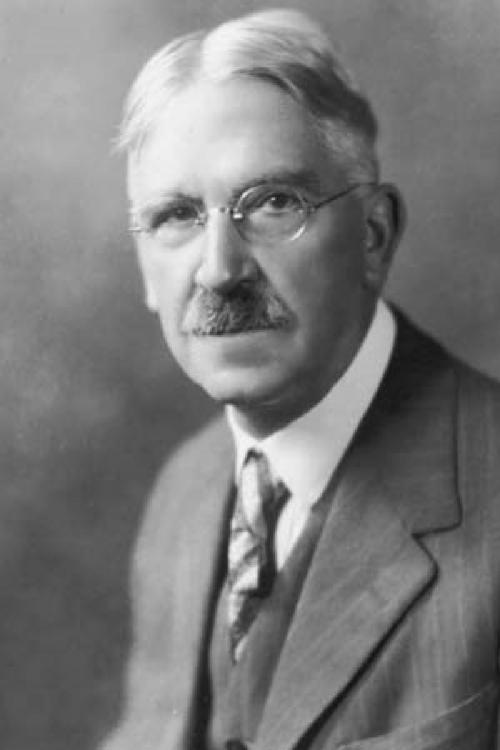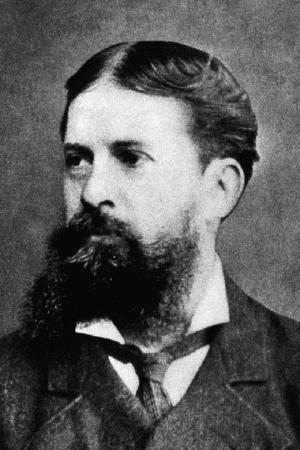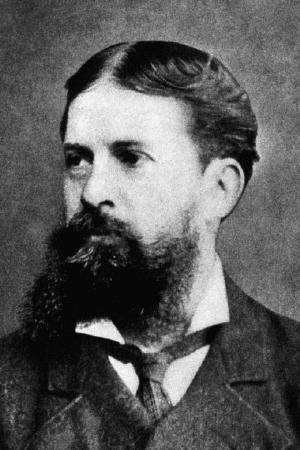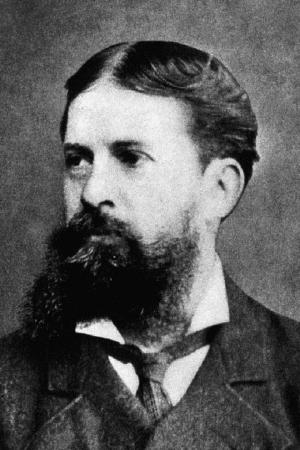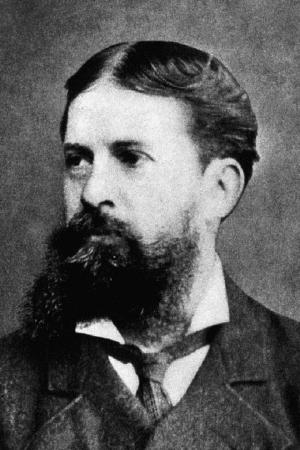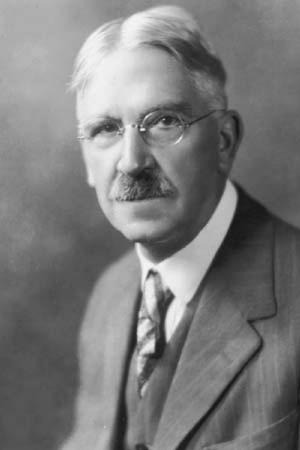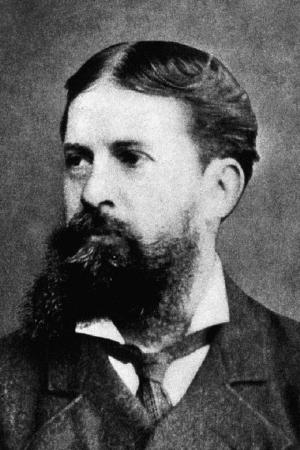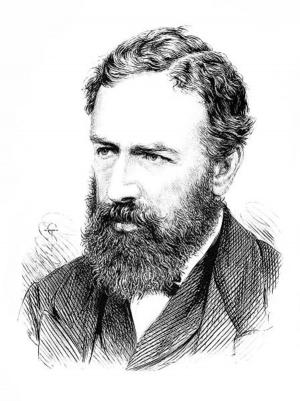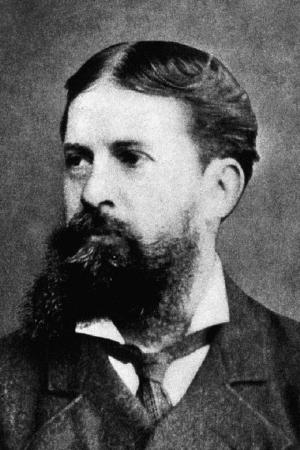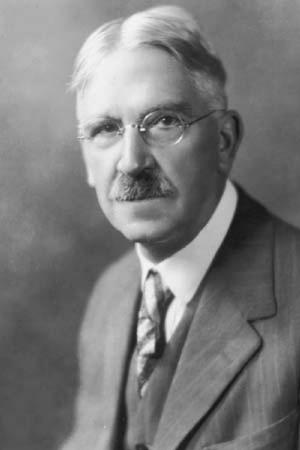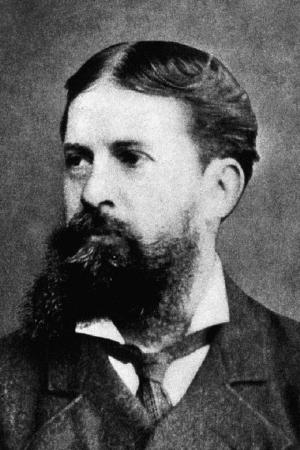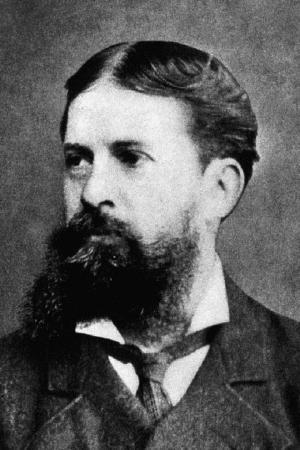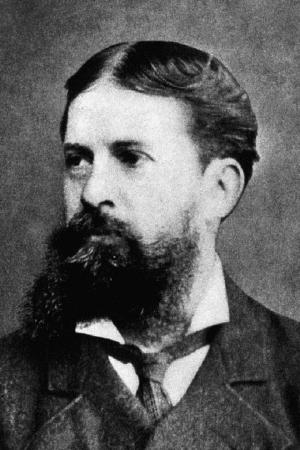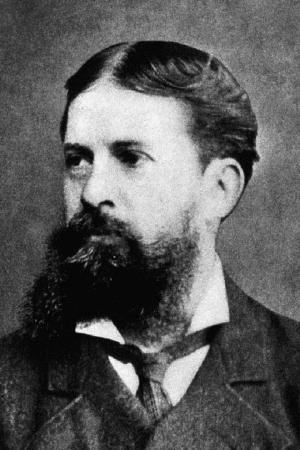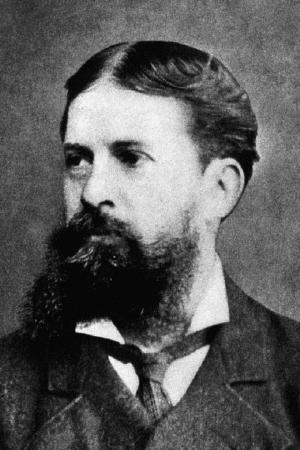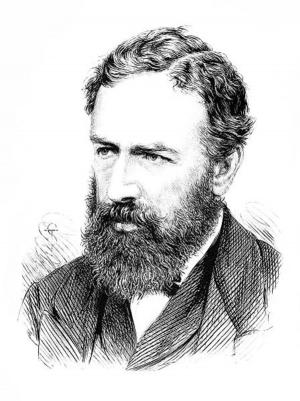| Author: | John Dewey | ISBN: | 1230001439526 |
| Publisher: | Timeless Books | Publication: | November 23, 2016 |
| Imprint: | Language: | English |
| Author: | John Dewey |
| ISBN: | 1230001439526 |
| Publisher: | Timeless Books |
| Publication: | November 23, 2016 |
| Imprint: | |
| Language: | English |
The book has an active table of contents for readers to easy access of each chapter.
John Dewey was one of the most influential American philosophers, psychologists, and educators whose ideas have impacted education and social reform around the world. He is one of the founders with the philosophy of pragmatism and of functional psychology. He is in the row with the greatest thinkers including Bertrand Russell, Ludwig Wittgenstein, Karl Popper, Charles Peirce, John Mill, and William James.
Dewey considered schools and civil society as the two fundamental elements that had to be constructively evolved by encouraging experimental intelligence and plurality. Dewey’s belief is that complete democracy is to be sustainable not just by giving and extending voting rights but also by ensuring that a fully formed public opinion is accomplished by communication among citizens, experts, and politicians with the full accountability and responsibility for the policies they adopt.
THE NEW PSYCHOLOGY is one of the earlier papers by John Dewey but the foundational paper about Dewey’s definition and belief about what is new psychology. The paper formed the foundation of later pioneer work accomplished by John Dewey in modern Psychology. In THE NEW PSYCHOLOGY, John Dewey asserted new psychology as “Experience is realistic, not abstract. Psychical life is the fullest, deepest, and richest manifestation of this experience. The New Psychology is content to get its logic from this experience, and not do violence to the sanctity and integrity of the latter by forcing it to conform to certain preconceived abstract ideas. It wants the logic of fact, of process, of life. It has within its departments of knowledge no psycho-statics, for it can nowhere find spiritual life at rest. For this reason, it abandons all legal fiction of logical and mathematical analogies and rules; and is willing to throw itself upon experience, believing that the mother which has borne it will not betray it. But it makes no attempts to dictate to this experience, and tell it what it must be in order to square with a scholastic logic. Thus the New Psychology bears the realistic stamp of contact with life. “
John Dewey’s influence has been felt in nearly every field of the humanities, sciences, and American corporate culture such learning by doing. The reasoning by John Dewey still remains as relevant today as it was then. This book is one of the most important ones about the deepest thoughts of psychology framework by John Dewey, one of the greatest thinkers of psychology, science, and logic on the planet.
The book has an active table of contents for readers to easy access of each chapter.
John Dewey was one of the most influential American philosophers, psychologists, and educators whose ideas have impacted education and social reform around the world. He is one of the founders with the philosophy of pragmatism and of functional psychology. He is in the row with the greatest thinkers including Bertrand Russell, Ludwig Wittgenstein, Karl Popper, Charles Peirce, John Mill, and William James.
Dewey considered schools and civil society as the two fundamental elements that had to be constructively evolved by encouraging experimental intelligence and plurality. Dewey’s belief is that complete democracy is to be sustainable not just by giving and extending voting rights but also by ensuring that a fully formed public opinion is accomplished by communication among citizens, experts, and politicians with the full accountability and responsibility for the policies they adopt.
THE NEW PSYCHOLOGY is one of the earlier papers by John Dewey but the foundational paper about Dewey’s definition and belief about what is new psychology. The paper formed the foundation of later pioneer work accomplished by John Dewey in modern Psychology. In THE NEW PSYCHOLOGY, John Dewey asserted new psychology as “Experience is realistic, not abstract. Psychical life is the fullest, deepest, and richest manifestation of this experience. The New Psychology is content to get its logic from this experience, and not do violence to the sanctity and integrity of the latter by forcing it to conform to certain preconceived abstract ideas. It wants the logic of fact, of process, of life. It has within its departments of knowledge no psycho-statics, for it can nowhere find spiritual life at rest. For this reason, it abandons all legal fiction of logical and mathematical analogies and rules; and is willing to throw itself upon experience, believing that the mother which has borne it will not betray it. But it makes no attempts to dictate to this experience, and tell it what it must be in order to square with a scholastic logic. Thus the New Psychology bears the realistic stamp of contact with life. “
John Dewey’s influence has been felt in nearly every field of the humanities, sciences, and American corporate culture such learning by doing. The reasoning by John Dewey still remains as relevant today as it was then. This book is one of the most important ones about the deepest thoughts of psychology framework by John Dewey, one of the greatest thinkers of psychology, science, and logic on the planet.
